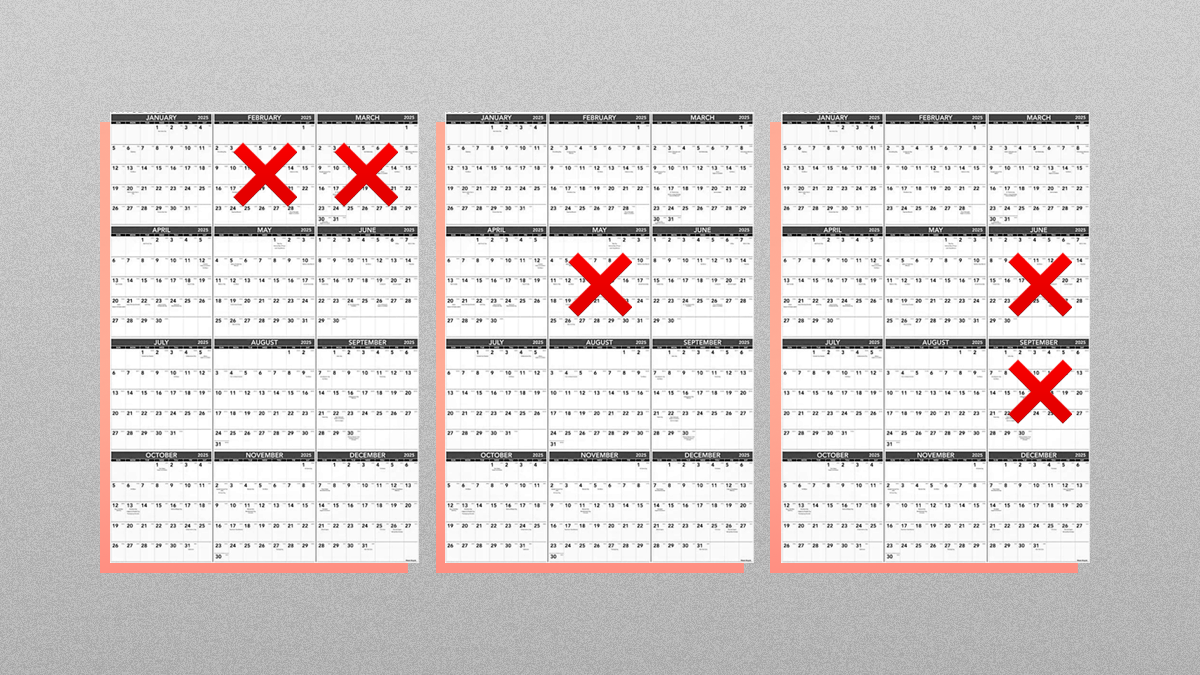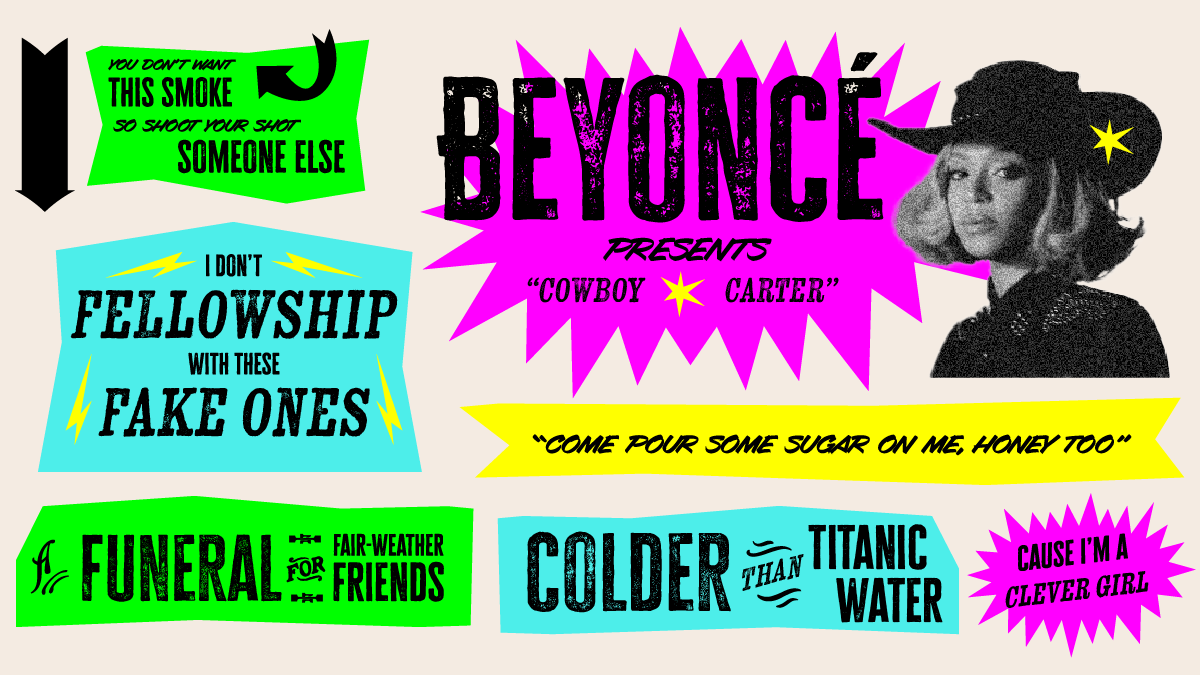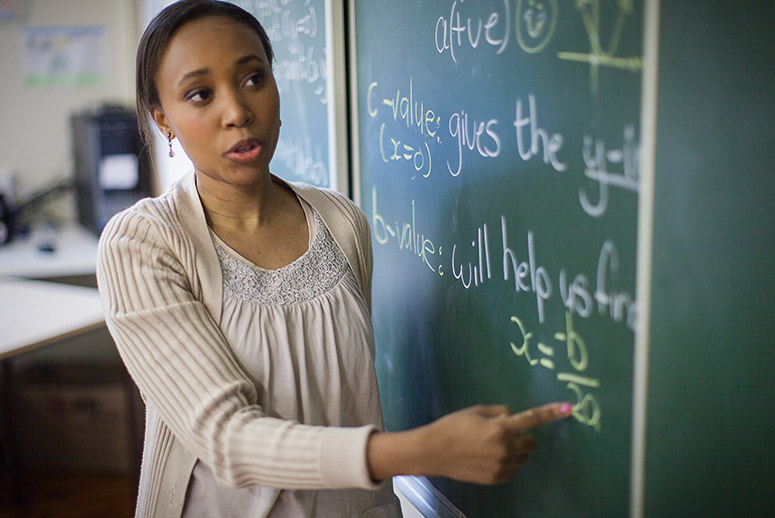Who Tells HERstory? Black Feminism and Ending the Conspiracy of Silence
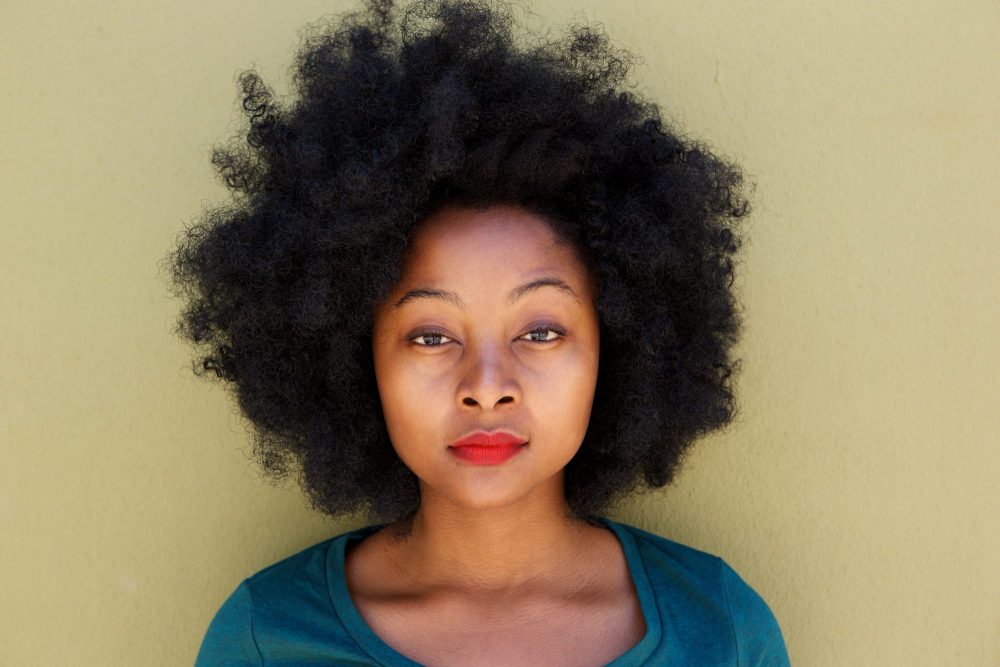
“Silence is still our major problem. It wasn’t that I’d been assaulted but that I couldn’t talk about it.” – Charlotte Pierce-Baker
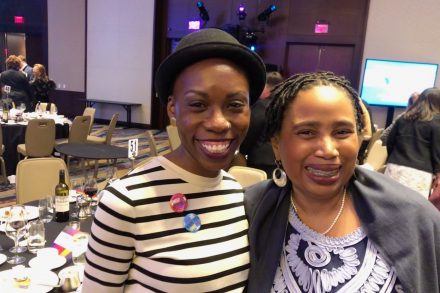
From the home to the school to the workplace, Black women face sexual violence at unprecedented rates. From Aishah Shahidah Simmons to dream hampton, Black women use creativity to share our collective trauma, herstory, and navigate healing. The use of creativity—through filmmaking; dance, music or art therapy; and photography—affords Black women and girls the opportunity to heal. After all, we cannot heal what we do not name. Generations of sexual violence, both structural and within the Black community, compel Black women and girls to remain silent about their abuse.
I had the opportunity to attend the #FromNo2Love Black Feminist Centered Forum on Disrupting Sexual Violence, which celebrated the 25th anniversary of the making of “NO! The Rape Documentary” and the launch of the “love WITH Accountability anthology”. The documentary, anthology and forum were the ideas of award-winning Black lesbian feminist filmmaker, activist and survivor, Aishah Shahidah Simmons.
I learned about Aishah’s work as a student educator and activist at the University of Missouri-Columbia. The “NO!” documentary was the first time I saw the experiences of Black women and girls with sexual violence explicitly and authentically documented. While addressing relationship and sexual violence on a predominantly white campus, “NO!” was the first time I felt seen as a young Black woman in a predominantly white woman-led movement. The film addressed the roots of sexual violence during the enslavement of African peoples, Black women’s struggle to find justice within religious systems, childhood sexual violence, reproductive justice and more.
Guest speakers at the Forum included Black feminist scholars and activists who were involved in the documentary and/or the anthology. I had the opportunity to sit in conversation with women whose names I know as pioneers in Black feminist thought—women like Loretta Ross, Beverly Guy-Sheftall, and Dorothy Roberts, among others. Learning about their lessons and experiences over the years—decades, even—helped me feel more connected to the work and community of Black feminists.
“We’re talking about Black feminism so easily now, but it was a demonized politics… Aisha’s film turned the gaze within our own community… that’s why Black feminism has been criticized because it is an internal critique.” – Dr. Beverly Guy-Sheftall
Both the documentary and anthology unravel sexual violence, particularly childhood sexual violence, within the Black community. It boldly names this form of violence while also rallying for solutions that do not involve the criminal legal system. The penal system has a long history of structural violence against the Black community, including the institution of mass incarceration following emancipation, use of police force to target civil rights activists throughout the 1960s and 70s, the war on drugs throughout the 1980s and 90s that disproportionately targeted and incarcerated Black and brown people and ongoing police brutality. A movement that seeks to use the criminal justice system to end sexual violence is a complicit bystander in structural violence against Black people. “One of the things Black feminist theorists and activists do well is connect the issues to the larger context,” said Loretta Ross on Black feminist activism in the 1980s and how it has shaped today’s Black feminism. “We, as Black feminists, bridged movements… the movement against white supremacy is also the movement to end patriarchy.”
The thought leaders involved in this forum know that we cannot achieve gender justice and accountability for sexual violence if we attempt to remove racism, colonialism, imperialism, homophobia, transphobia, and capitalism from the narrative. One way to draw connections to these movements, advocate for justice, keep ownership of our narratives, and heal is by sharing our stories—not just of trauma, but of resilience.
What sparked me the most was the emphasis on healing our communities and creating language to name our experiences. There is power and healing in community, knowing one’s herstory, using creativity, and advocating for accountability. Healing is not linear; it is not confined to a deadline. Black women’s healing is ancestral. What we do, say or create now will impact those who come after us.
Aishah set the stage and made it possible through the “NO!” documentary, “love WITH accountability” anthology, and the forum for numerous Black women and nonbinary people to come forward and share their stories. She made it possible for attendees, like me, to see themselves through these narratives.
In addition to my role at the National Women’s Law Center, I frequently share my experiences as a Black woman in this movement and a woman of faith through writing. I can speak my truth and encourage other writers to do the same. And in doing so, I add my voice to the canon of Black women’s resistance.
“Black women must tell the truth of our own lives. Tell your story. Do not keep a conspiracy of silence.” – Loretta Ross

